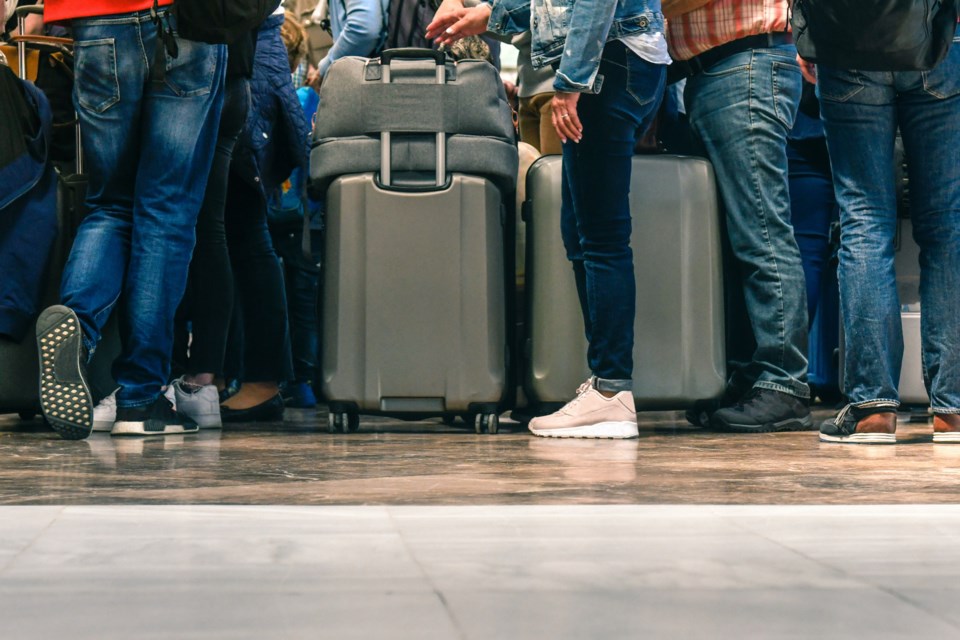Some days it feels like our civilization is falling apart around us.
The pandemic has been, at turns, terrifying and inconvenient. For many, it has shown cracks in our social, business and family bonds.
And sure, COVID impacts play a part in other problems, like supply chain juggernauts.
But there seem to be more and more major disruptions to our way of life.
Heading to Vancouver Island to see grandma — dang, ferry cancelled due to staffing shortages.
Flight through Toronto Pearson Airport on a work trip — pandemonium.
Trying to work from home last Friday — Rogers goes down for 24 hours.
That one should definitely have us questioning the lack of competition in telecommunications in this country.
While these issues are super annoying — and health vulnerabilities could make any of them deadly serious for some — they should also give those of us in the Sea to Sky Corridor pause to check our privilege.
The fact that these events were all newsworthy is because they are rare.
We are so used to things working that we are utterly astonished and irritated when they don’t.
Yet, for many worldwide, disruptions are a way of life.
In Canada, at least 34 long-term water advisories remain in Indigenous communities.
This means folks can’t turn on the tap to drink, fill a pot, or brush their teeth.
Ferry issues? Check out the west coast of Scotland, where the ferry service has faced “repeated crises” affecting thousands who depend on the government-funded CalMac ferries.
“Its aging fleet of red, black and white ferries has been hit by breakdowns, service cancellations and diversions, exacerbated by severe restrictions on passenger numbers because of Scotland’s strict COVID rules, cutting capacity by roughly 65%,” reads a Guardian article about the issue.
And OK, airline travel has been horrible — flight tracking tool FlightAware showed Canada had the most flight delays worldwide over the Canada Day weekend.
But there are places where flight is much less safe — like in Nepal, where, as of May, had its 10th deadly plane crash in as many years.
Residents in countries including Zambia, The Gambia and Chad all have frequent power outages — as in they can’t rely on their electricity to work when they flip on a light or want to cook food. (The U.S. has outdated grids and the most frequent outages for a wealthy country.)
Few people have access to the internet in countries like North Coria, Eritrea, Comoros, and the Central African Republic.
In other countries, the government censors the internet, such as in North Korea, China and Iran.
We are so freaking lucky to live in the Sea to Sky.
We shouldn’t take that for granted.
While safe and efficient transportation and cell and internet service are things everyone deserves, we are privileged that things work as well as they do here most of the time.



